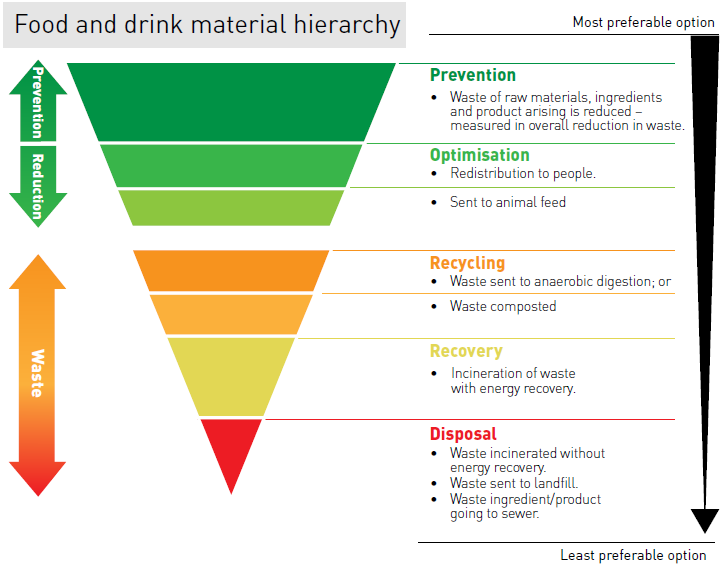In 2010, it was estimated that 89 million tonnes of food are wasted each year in the EU27, according to Bio-Intelligence (2010). Manufacturing or processing accounts for 34.8 million tonnes or nearly 39% of the waste generated. The main causes of waste generation at the production stage are due to technical malfunctions, equipment failures and/or inefficiencies in the production processes.
The food waste generated at the production facilities, both unavoidable and avoidable, can be reduced by applying optimisation measures which include redistribution to people the food that cannot be sold but it is still edible, extraction of valuable by-products for human consumption, while the remaining suitable part can be used as animal feed.

This best practice deals with the avoidable waste generated at the production facilities and it actually explores the actions that the food and beverage manufacturers can undertake to avoid or prevent the generation of food waste. In particular, the manufacturers can reduce the generation of food waste in their manufacturing operations by identifying all avoidable waste and by implementing specific actions, such as running awareness raising/staff engagement campaigns, optimising production yields, encouraging tidier housekeeping and standards of cleanliness etc.
Overall, it is recommended that manufacturers report publicly on food waste generation and waste prevention activities in place and planned for the future, as well as identify targets in this field and plan appropriate activities to achieve them.
Source: Bio-Intelligence (2010), Preparatory study on food waste across EU27, study delivered to European Commission, DG Environment